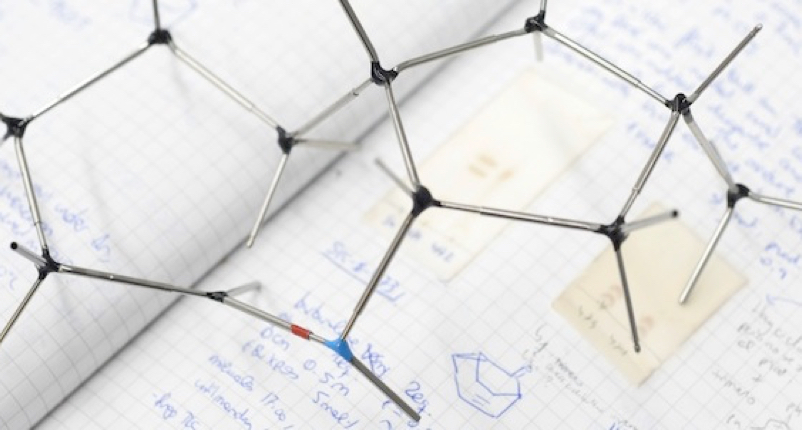Pt on graphene monolayers supported on a Ni(111) substrate: Relativistic density-functional calculations
The structural, energetic, and magnetic properties of Pt atoms and dimers adsorbed on a Ni-supported graphene layer have been investigated using density-functional calculations, including the influence of dispersion forces and of spin-orbit coupling. Dispersion forces are found to be essential to stabilize a chemisorbed graphene layer on the Ni(111) surface. The presence of the Ni-substrate leads not only to a stronger interaction of Pt atoms and dimers with graphene but also to a locally increased binding between graphene and the substrate and a complex reconstruction of the adlayer. The stronger binding of the dimer also stabilizes a flat adsorption geometry in contrast to the upright geometry on a free-standing graphene layer. These effects are further enhanced by dispersion corrections. Isolated Pt adatoms and flat dimers are found to be non-magnetic, while an upright Pt dimer has strongly anisotropic spin and orbital moments. For the clean C/Ni(111) system, we calculate an in-plane magnetic anisotropy, which is also conserved in the presence of isolated Pt adatoms. Surprisingly, upright Pt-dimers induce a re-orientation of the easy magnetic axis to a direction perpendicular to the surface, in analogy to Pt2 on a free-standing graphene layer and to the axial anisotropy of a gas-phase Pt2 dimer.

P. Błoński, J. Hafner
J. Chem. Phys. 2012, 136, 074701/1-074701/11
DOI:
Go to the journal

Let's create a brighter future
Join our team to work with renowned researchers, tackle groundbreaking
projects and contribute to meaningful scientific advancements


















